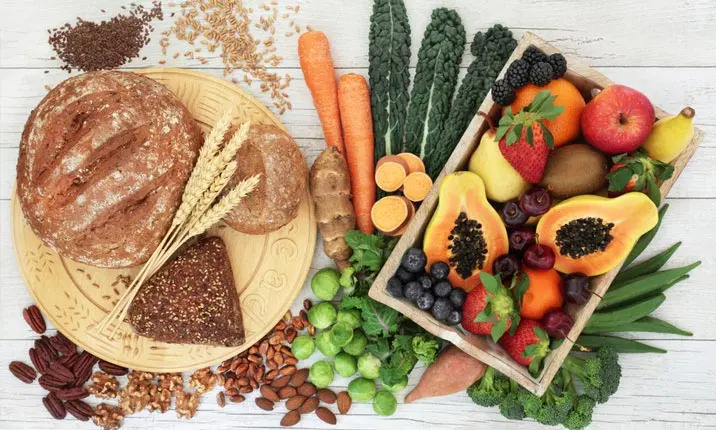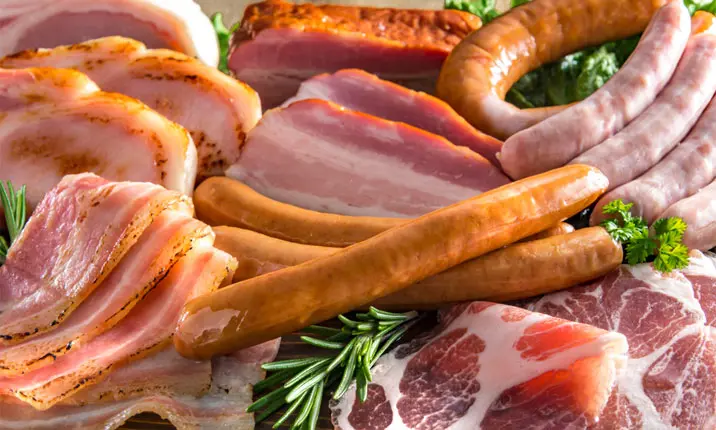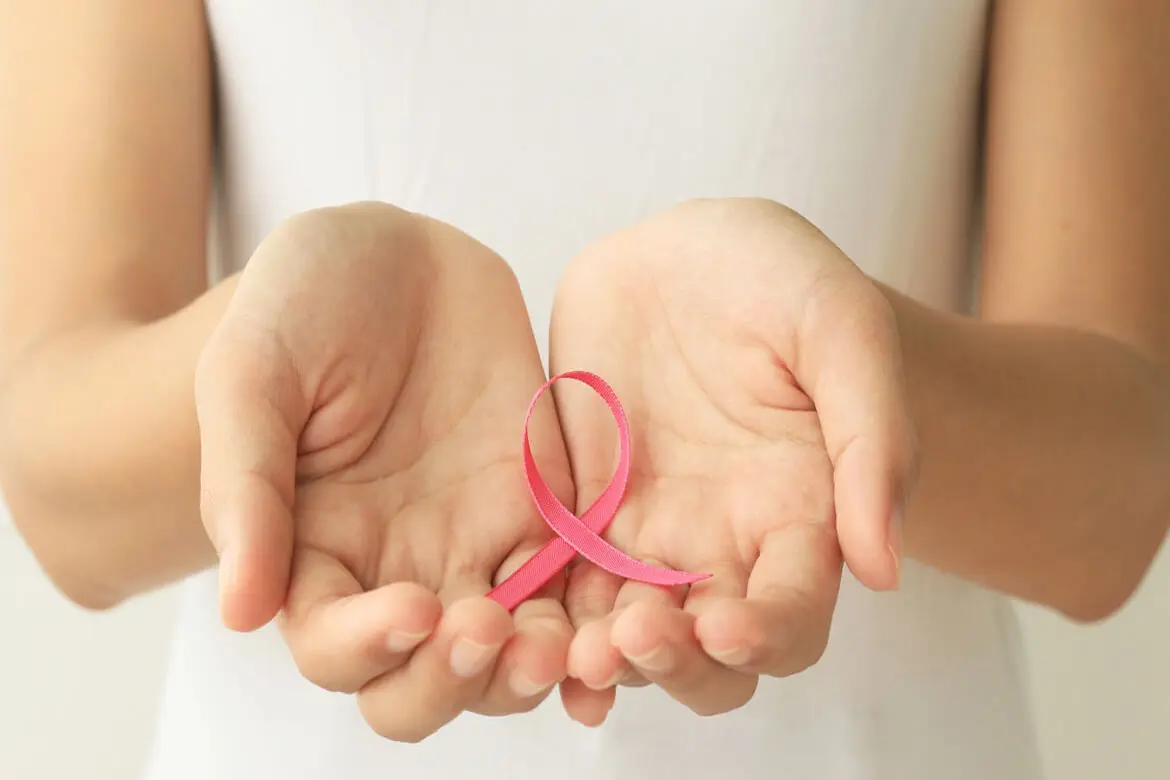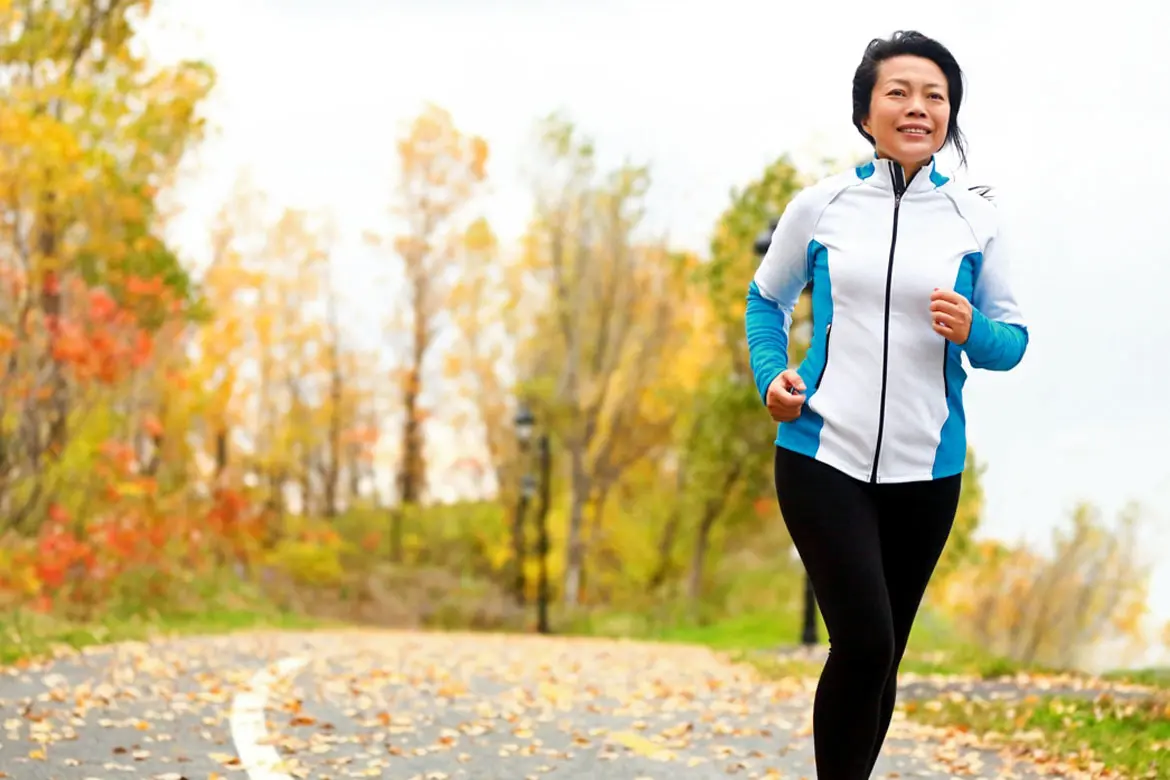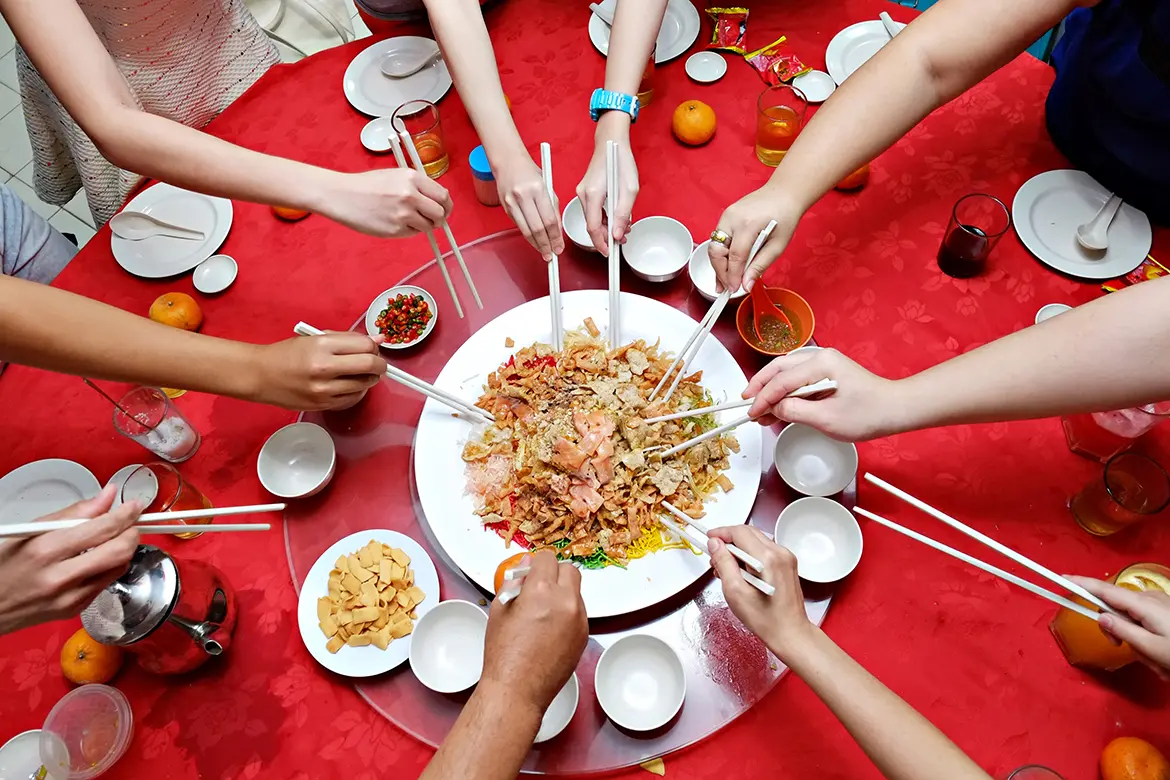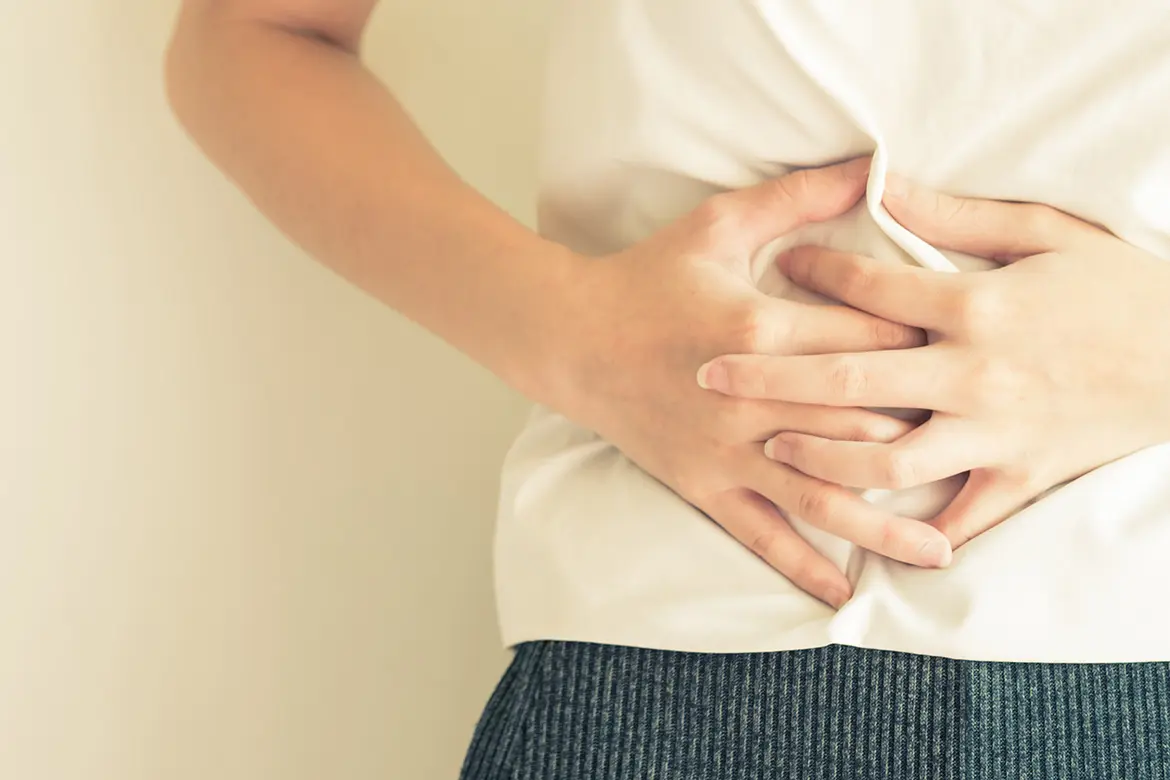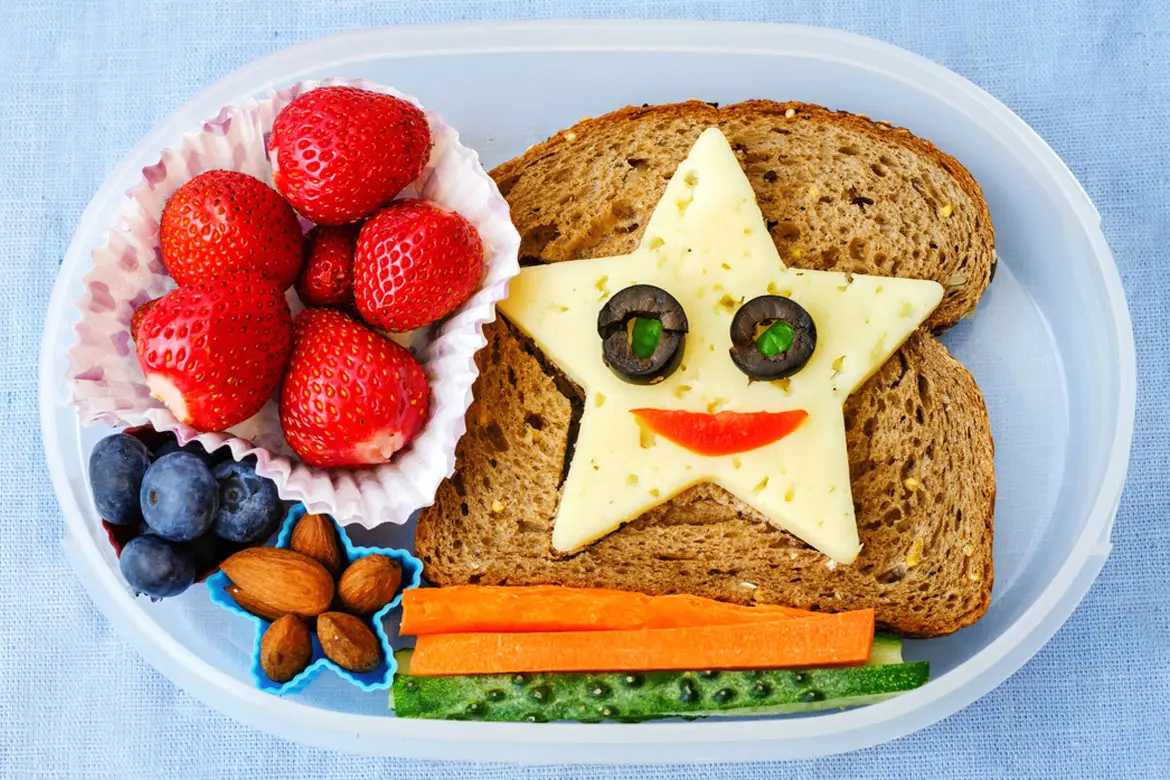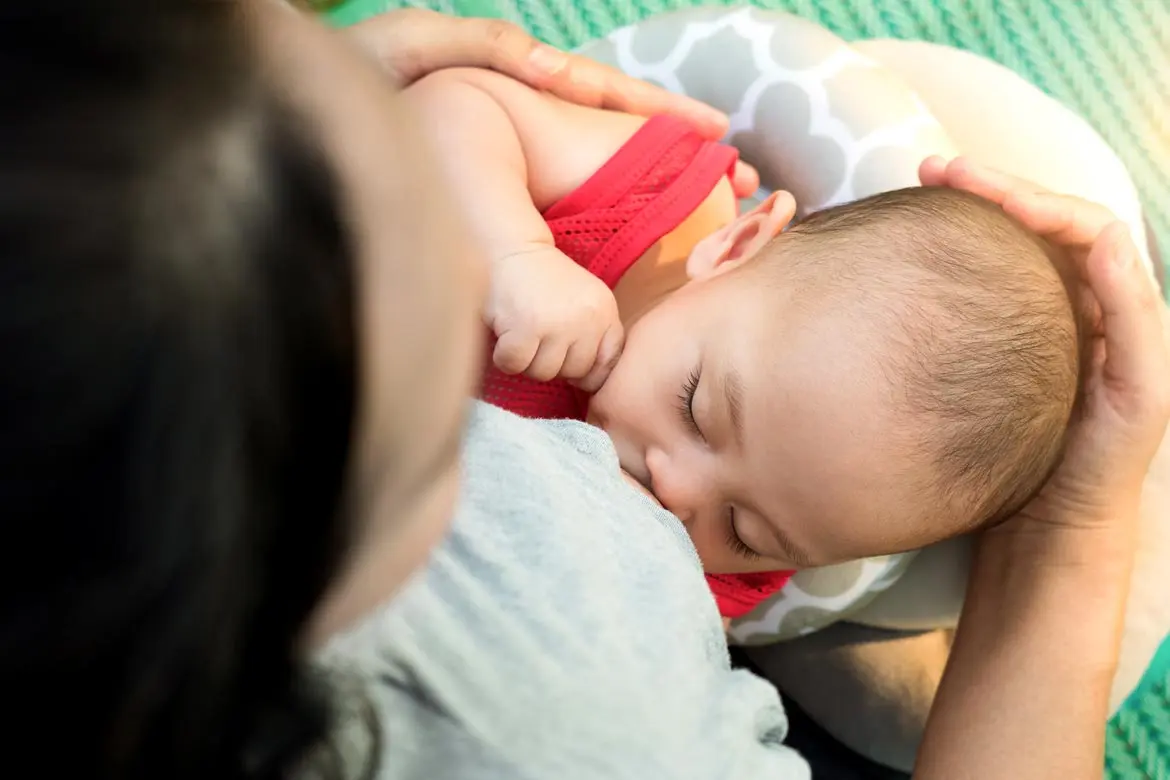What to eat after gall bladder removal surgery?
If you had surgery to remove your gall bladder, digesting some foods may be difficult. Some people may even develop side effects like diarrhoea and loose stools.
Without your gall bladder, bile flows directly into your small intestine. Your body will be unable to regulate bile with the same efficiency, which slows down digestion.
Most people do not need to follow a special diet after having their gall bladder removed, but you will be advised to follow a low-fat diet for several weeks after the surgery. As your body recovers, you should aim to have a generally healthy and balanced diet to allow your body enough time to adjust to life without a gall bladder.
So what should you eat after you have your gall bladder removed?
1. Healthy fats
Unsaturated fats like corn oil, soy bean oil, canola oil, olive oil and omega-3 found in cold-water fish, nuts, seeds, flaxseed oil and fish oils are easier to digest than fatty foods. While unsaturated fats make an important part of a healthy diet, it is best to keep your fat intake low, and use low-fat alternatives like low-fat dairy products, lean meats and non-fried foods, especially in the initial weeks after the surgery.
2. Fibre
Fibre is essential as it helps in the movement of food through your gut, supports digestion and prevents diarrhoea. You should increase your intake slowly as a sudden increase of fibre can make you feel bloated. High-fibre foods include fruits, vegetables, legumes, whole grains, nuts and seeds.
3. Lean meat
Proteins are the building blocks of muscles and the repair of body tissues. Red meats are high in protein, but they are also high in fat. It is therefore wise to choose lean meats after surgery.
4. Low-fat protein
You can also look to other low-fat protein alternatives such as fish, zero-fat dairy, nuts, seeds, soy and beans. They provide protein and contain low amounts of salt, sugar and fat. Choose low fat protein foods like fish, poultry without skin, non-fat dairy products, beans and lentils, and soy-based foods.
5. Plant-based foods
Plant-based foods are a healthy source of vitamins, minerals and antioxidants. Consume a lot of fresh fruit and vegetables after surgery to ensure your diet is rich in nutrients.
Worst foods to eat after gall bladder removal surgery
Food nourishes you and helps your body heal from the stress of surgery, but some foods may do the opposite. Processed foods, fatty meats, full cream dairy products, foods and beverages high in sugar and refined grains are not advised to be consumed in the initial weeks after surgery.
Here is a list of items that you shouldn’t eat too much of:
- Fatty meat (beef, pork, lamb), processed meats like bacon, ham luncheon meats and sausages.
- Dairy products (milk, full-fat yoghurt, full-fat cheese, butter, sour cream, ice cream, whipped cream, cream sauces)
- Processed foods high in fat and sugar like cakes biscuits, desserts and fried foods.
Additional diet tips
It might seem daunting to make so many diet changes after gall bladder removal surgery, but a healthy diet will aid your recovery process and help your body adjust to having no gall bladder.
Besides the foods that help digestion, there are some other tips you can try:
- Start with a soft diet that includes porridge, fish, oatmeal, mashed potato/sweet potato, softly cooked vegetables and fruits.
- Eat smaller meals. Avoid having large meals, as it may be difficult for your body to digest and may lead to bloating. 4 – 6 small meals a day will be sufficient to help you meet all your nutritional needs.
- Eat a well-balanced diet. Include fresh fruits, vegetables, whole-grains, lean meats, soy products and low fat dairy in your diet to help you recover from your surgery and maintain good health.
- Exercise regularly to maintain a healthy weight and digestive system.
You can speak to a dietitian to get a detailed post-operative meal plan.


